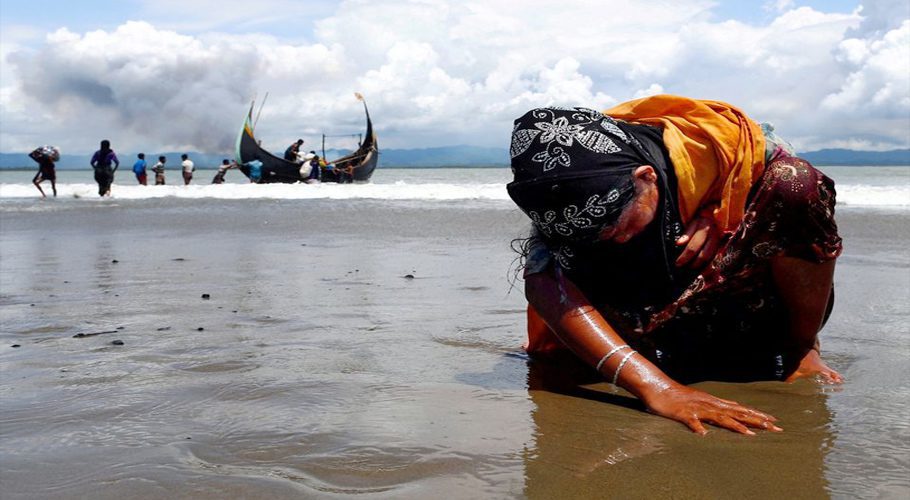THE HAGUE: The World Court on Friday rejected Myanmar’s objections to a genocide case over its treatment of the Muslim Rohingya minority, paving the way for the case to be heard in full.
Myanmar, now ruled by a military junta that seized power in 2021, had argued that Gambia, which brought the suit, had no standing to do so at the top U.N. court, formally known as the International Court of Justice (ICJ).
But presiding Judge Joan Donoghue said all states that had signed the 1948 Genocide Convention could and must act to prevent genocide, and the court had jurisdiction in the case.
“Gambia, as a state party to the genocide convention, has standing,” she said, reading a summary of the 13-judge panel’s ruling.
The court will now proceed to hearing the merits of the case, a process that will take years.
Gambia took up the Rohingya’s cause in 2019, backed by the 57-nation Organisation for Islamic Cooperation, in a suit aiming to hold Myanmar accountable and prevent further bloodshed.
Gambia Justice Minister Dawda Jallow said outside the courtroom he was “very happy” with the decision and was confident the suit would prevail.
A U.N. fact-finding mission concluded that a 2017 military campaign by Myanmar that drove 730,000 Rohingya into neighbouring Bangladesh had included “genocidal acts”.
Myanmar has denied genocide, rejecting the U.N. findings as “biased and flawed”. It says its crackdown was aimed at Rohingya rebels who had carried out attacks.
While the Hague court’s decisions are binding and countries generally follow them, it has no way of enforcing them.
In a 2020 provisional decision it ordered Myanmar to protect the Rohingya from harm, a legal victory that established their right under international law as a protected minority.


































